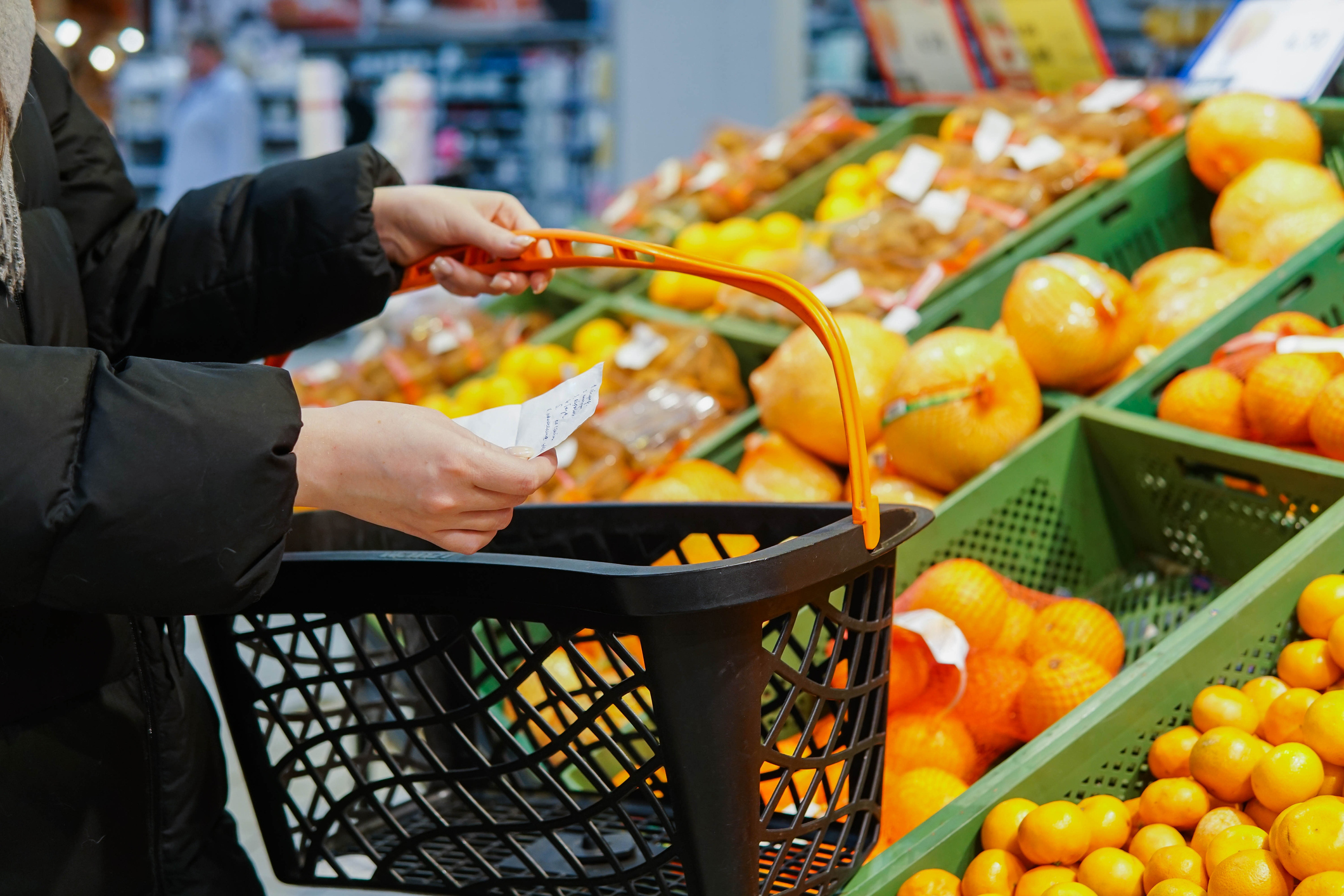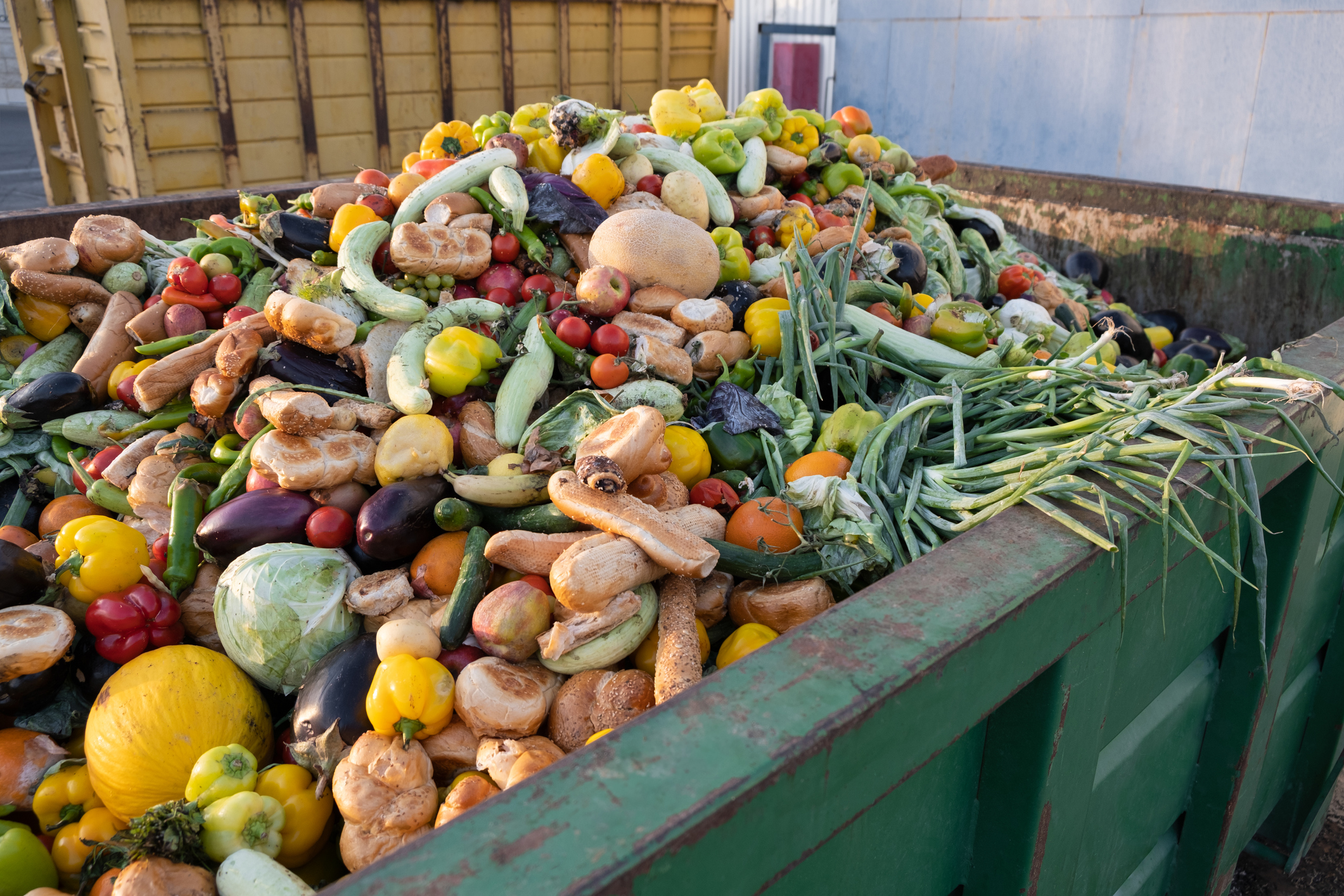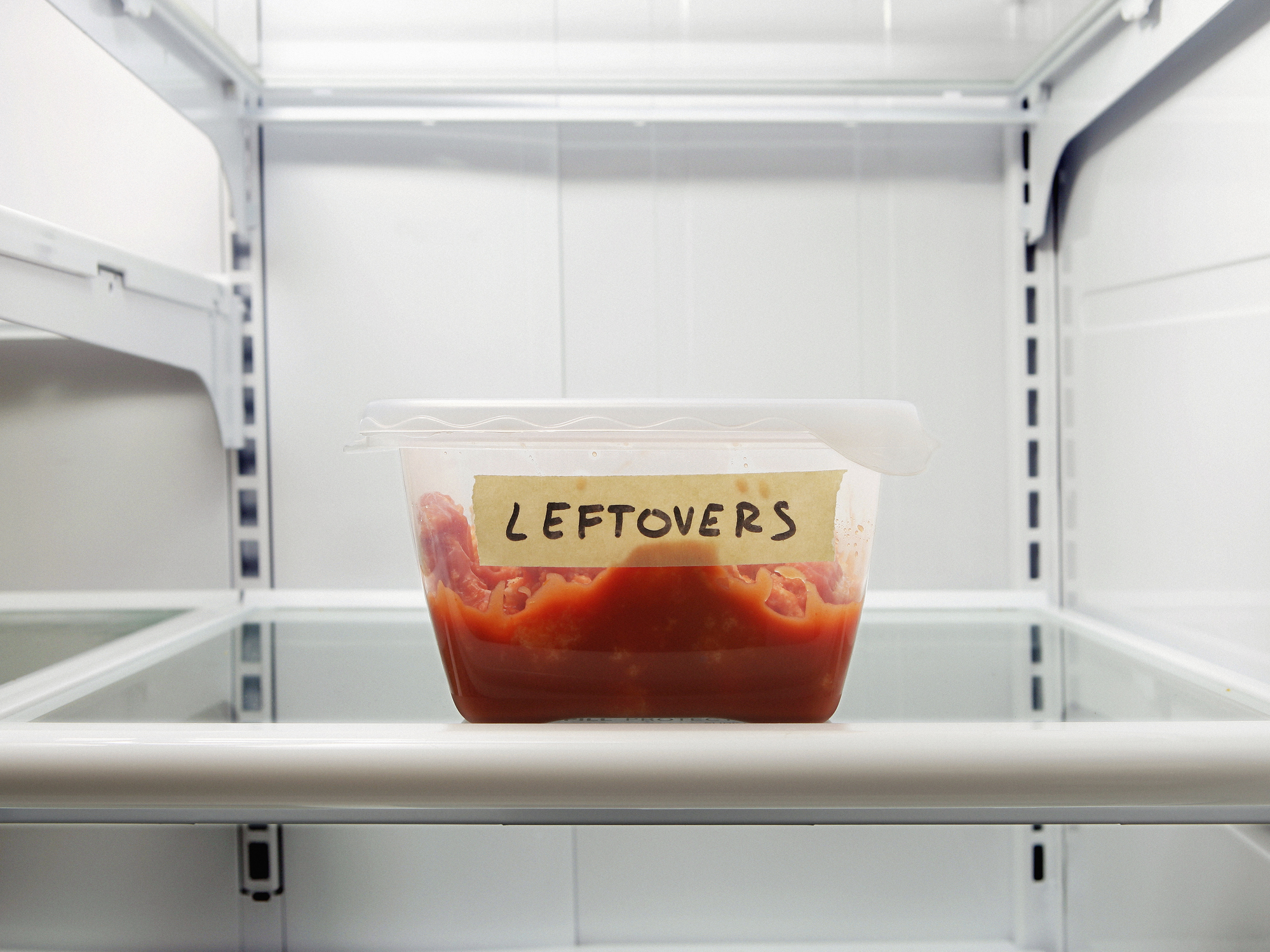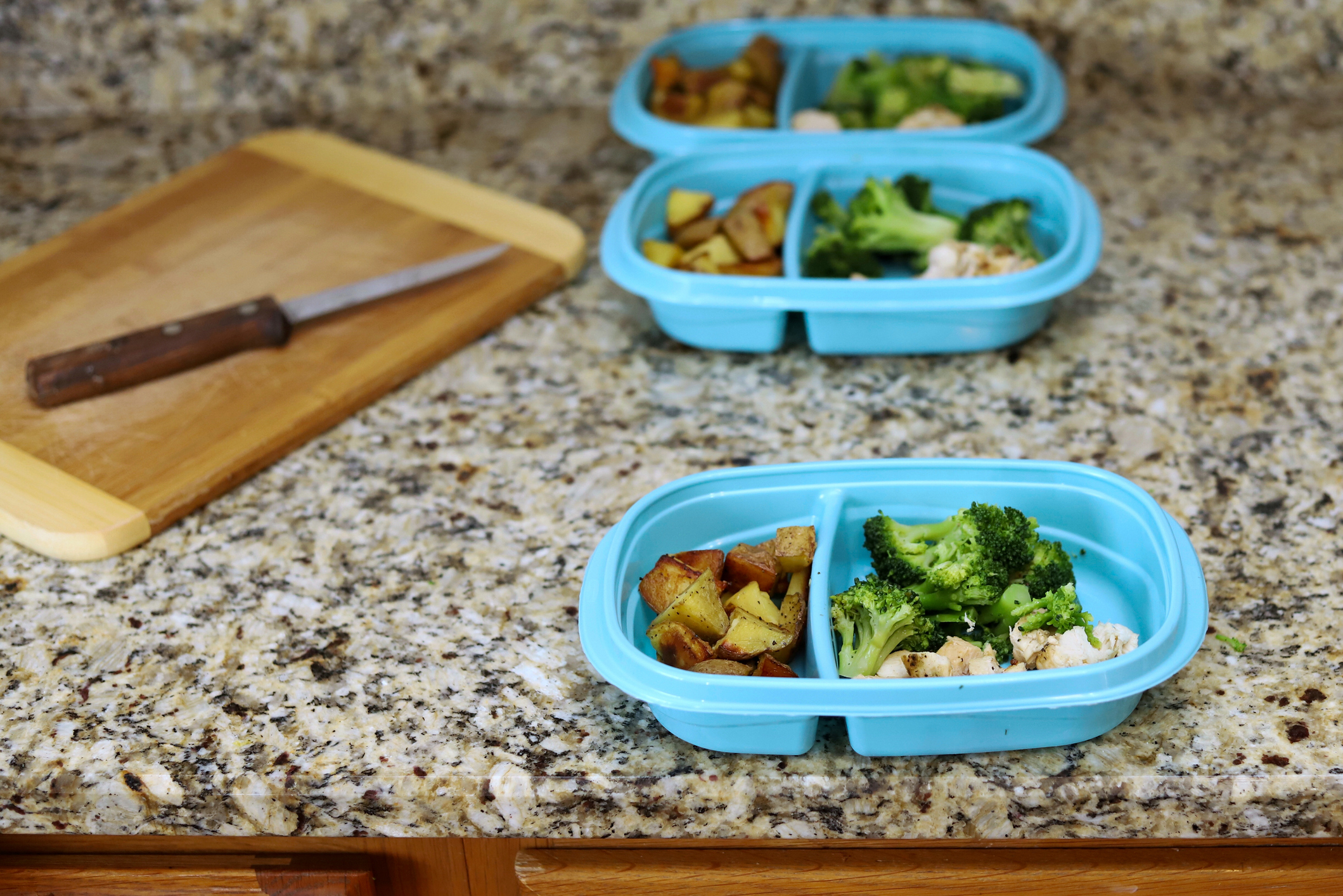How to Save Money on Groceries
Saving money on groceries isn't always easy, but we have some expert tips to help you.


Without question, we’re all looking for ways to save money, especially when it comes to the rising cost of groceries. Many households in the UK consider the weekly food shop the biggest expense.
Between September 2021 and September 2022, food prices in the UK have increased by 14.5 % - that's according to Stastica (www.statista.com) and show no sign of slowing down.
The Office of National Statistics (ONS) tracks over 1.5 million food prices online and has recently released a report that suggests how much essential foods in the UK have increased in price
- Vegetable Oil - 62.5%
- Pasta - 59.9%
- Tea - 46%
- Chips - 38.7%
- Bread - 37.6%
- Biscuits - 34.4%
- Mixed Frozen Vegetables - 31.9%
- Milk - 29.4%
- Crisps - 23.7%
- Tomatoes - 19.3%
With this in mind, how can we save money when groceries become more expensive? It’s not an easy task but there are ways we can eat well without breaking the bank. Keep reading for some of my top tips and make a true difference to your savings.
Budget

According to the Office of National Statistics, the average household in the UK spends £69.20 on food and non-alcoholic drinks each week.
To consider how much your budget should be, take a look at what you spent over the last 3 months on groceries. Online banking apps like Starling and Monzo do a great job of breaking down your monthly spending. Don’t forget to consider those additional visits to mini markets and corner shops.
- How do you feel about how much you’ve spent on groceries?
- Would you like to spend less?
- What could you do with the money you save?
All of these questions will help you arrive at a budget that you’re comfortable with. But don’t forget to include non-food items, a takeaway that you don’t want to go without, or luxury items. It’s totally acceptable to factor these things into your budget if they are affordable - being realistic will give you the best chance of success.
Avoid Impulse Buying
Ever wondered around the supermarket and been drawn to those ‘special offers’ at the end of an aisle? Have you noticed the tasty but often pricey snacks and treats next to the checkout?
Supermarkets like Aldi and Lidl encourage impulse buying with the middle aisle packed with items. I’m sure no one has done a weekly shop and hoped the supermarket stocked an egg boiler and foot spa!
There are some quick and easy ways to avoid the dreaded impulse buying:
- Always write a shopping list and stick to it.
- Never go shopping when you are hungry, eat first. You are far less likely to pick up snacks that aren’t on the list.
- Shop online, it makes it easier to stick to a list, you don’t wander past the ‘deals’ or snacks by the till and that foot spa never even crossed your mind.
Reduce Waste

Can you imagine doing your weekly food shop and immediately throwing £14 worth of the food you bought in the bin? In the UK, that’s how much food we potentially waste each week. As well as hitting our pockets hard, it’s creating a global environmental issue. Producing food puts enormous pressure on resources such as land, energy, and water; leading to 25-30% of food going to waste, that’s according to Wrap.
Look at what you already have in the cupboards, fridge, and freezer. Create an inventory, avoid overbuying, and remember to make a shopping list! Michael Murdy from Robust Kitchen says ‘Be mindful of expiry dates and try to shop in bulk so that you can get discounts and save money’.
Use Surplus Food Apps to Save Money

Did you know there are over 8.4 million people in the UK in food poverty despite wasting 9.5 tonnes of food every year? The convenience of food-saving apps, like Too Good To Go is helping to combat this. These apps have grown massively over the last few years. We've written a comprehensive guide to the different food surplus apps out there, and our thoughts on them.
Shop in Reduced Sections
Snap up yellow stickered items in supermarkets. They are close to the end date but still perfectly good. Eat them on the day or freeze them. This is an excellent option for families but especially students and single people as there are lots of reduced foods in single portions available you can read more about this budget-friendly tip here.
Save Leftovers

Speaking of reducing waste, leftovers are always worth saving. Monica Russel, Nutritionist and founder of Acquired Coffee says, ‘turn yesterday's dinner into today's lunch, or use leftover vegetables to make a tasty frittata. And if you have excess produce that you know you won't be able to use before it goes bad, consider freezing it for later use in smoothies or soups’
Meal Plan
It’s proven that planning not only saves time but money. Take some time to think about the meals you enjoy, how much time you have to cook each day, how many you will cook for, and your budget. Part of successful meal planning includes being well-prepared. Decide on meals for the week and shop with a list accordingly. There are some excellent meal plans available to get you started, you can find more detail in our handy guide to meal planning and the money it can save you.
Batch Cooking

It’s a great way to use short-life ingredients all at once, that way they aren’t left in the fridge to spoil. It will also save time throughout the week. In addition to this, it’s cheaper to buy in bulk. For example, buying a large pack of minced beef works out cheaper. When making a bolognese, make two and freeze one. Not only have you saved money, but time too.
When batch cooking it’s important to consider how much freezer room you will need and what containers you will require. According to Hammonds Kitchens, a survey of 2000 people showed that 7 in 10 British people started batch cooking during the start of the pandemic. It might be a habit that we are losing now we have returned to the workplace but it’s a habit that’s really worth keeping.
Make the most of supermarket reward schemes and loyalty cards
There are ways you can save money and get access to discounts on groceries by signing up for reward and loyalty schemes at supermarkets.
After having researched some of the features that they offer we found out which ones offer the best saving. If you would like to know more, take a look at our guide here.
Shop Supermarket's Own Brands
We all have some ‘go-to’ brands when we shop but those brands can really raise the cost of a weekly shop. If you haven’t already, consider swapping your usual brand for a supermarket's own brand or value brand.
There are huge savings to be made on store cupboard essentials such as baked beans, tinned vegetables and jam. Consider switching some household items too like washing powder, dishwasher tablets and toilet rolls.
The supermarket value brands aren’t always easily identifiable, as they have different names that you may not recognise, here’s a brief round-up of what to look out for.
- Eastman’s Deli, The Grower’s Harvest, Hearty Food Co, Stockwell & Co, and Ms Molly.
- Sainsbury’s - Daily’s, Franks, Greengrocer, Hubbard’s Foodstore, J James, Lovett’s, Mary Anns’s, and Stamford Street.
- Asda - Just Essentials.
- Morrisons - Morrisons Savers.
- Aldi - Everyday Essentials.
- Lidl - Snacktastic, Woodcote, Baresa, Belbake, Crownfield, Knightsbridge, and Oaklands.
- Waitrose - Essentials range.
- CO-OP - Honest Value range.

Hi, I’m SJ. I’m the Beauty Editor and PR Executive here at MyVoucherCodes. As a qualified make-up artist, I've been able to share my knowledge on all things beauty and skincare with our readers so they not only look good and feel great, but save money. As a mum of three, I understand the challenges that families face, and making budgets go further is something I feel passionately about. My research and recommendations help families of all sizes shop better allowing them to enjoy the little luxuries in life. My work has been featured in many publications including The Sun, The Mirror, Netmums, and The Telegraph.
Outside of MyVoucherCodes, I'm a writer and interviewer for pop culture magazines like Buzz Magazine. I've chatted to celebrities such as Strictly's Johannes Redebe and poet Kae Tempest. It's certainly one of the best parts of my job. Over the years I've built a portfolio of work that shows the diversity of my writing, which gives me a breadth of knowledge and experience that I apply to my work every day.